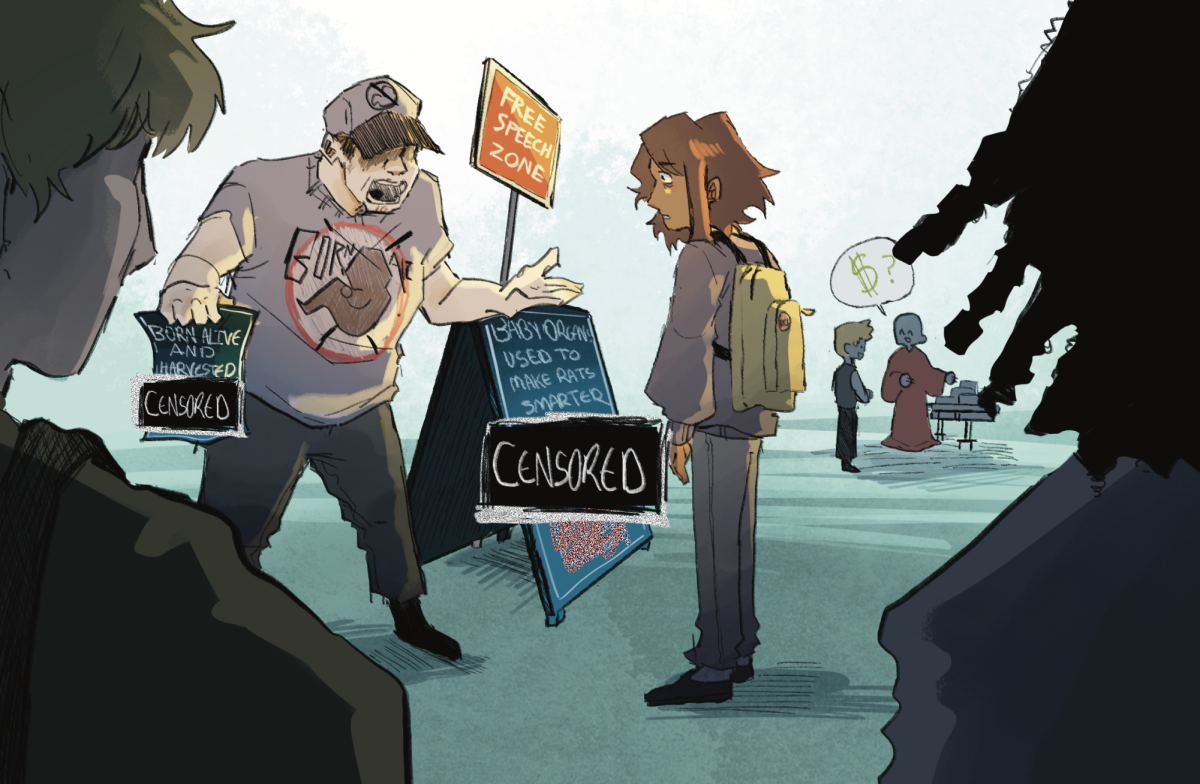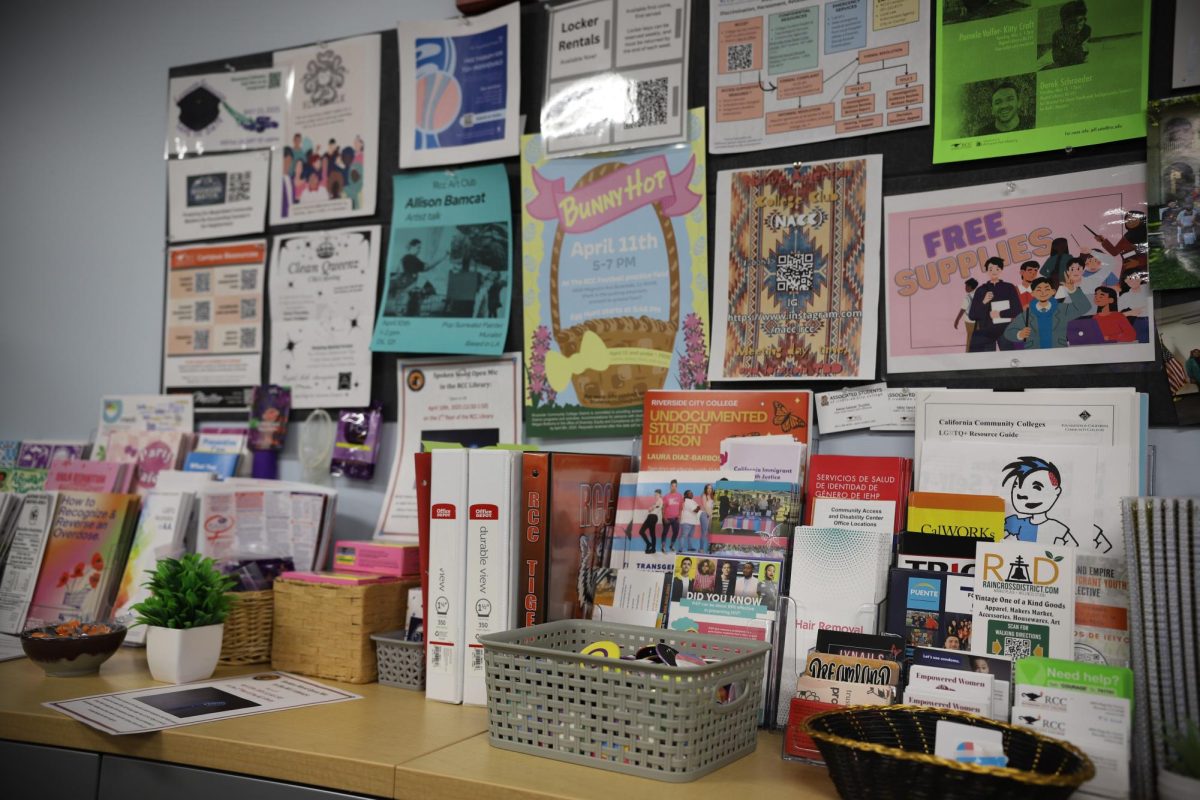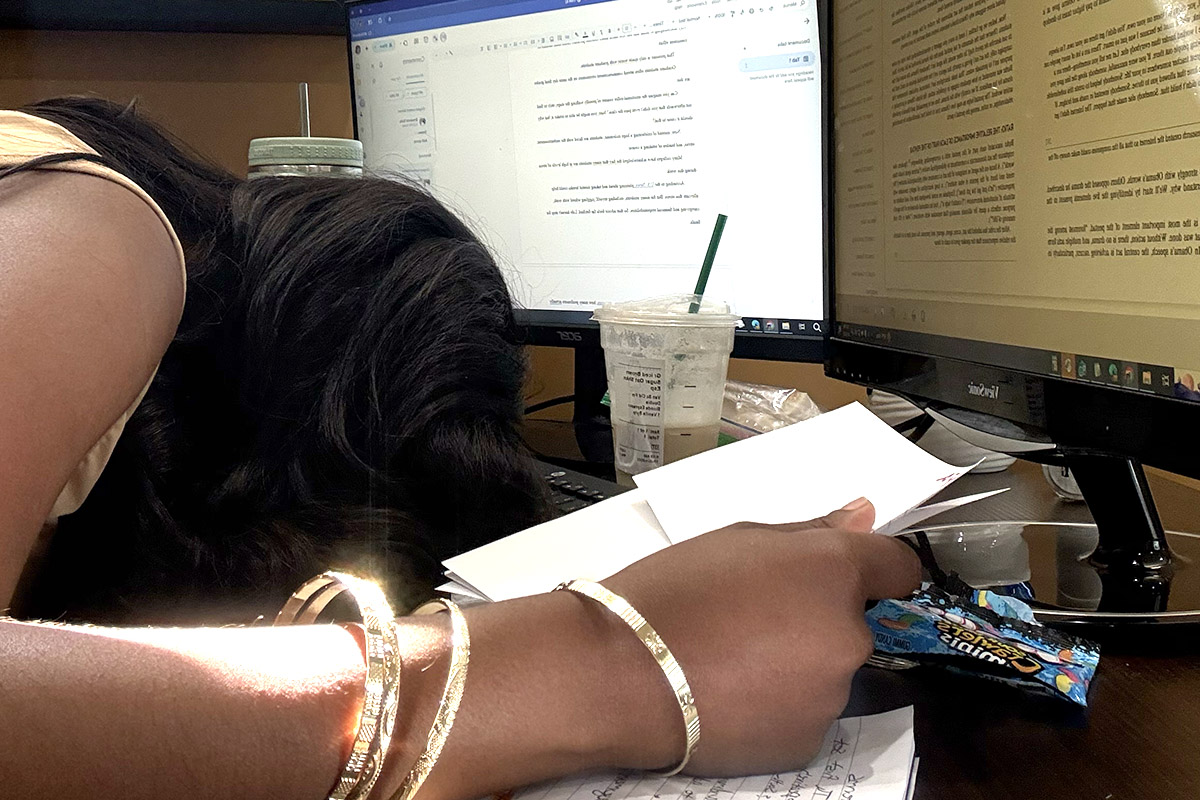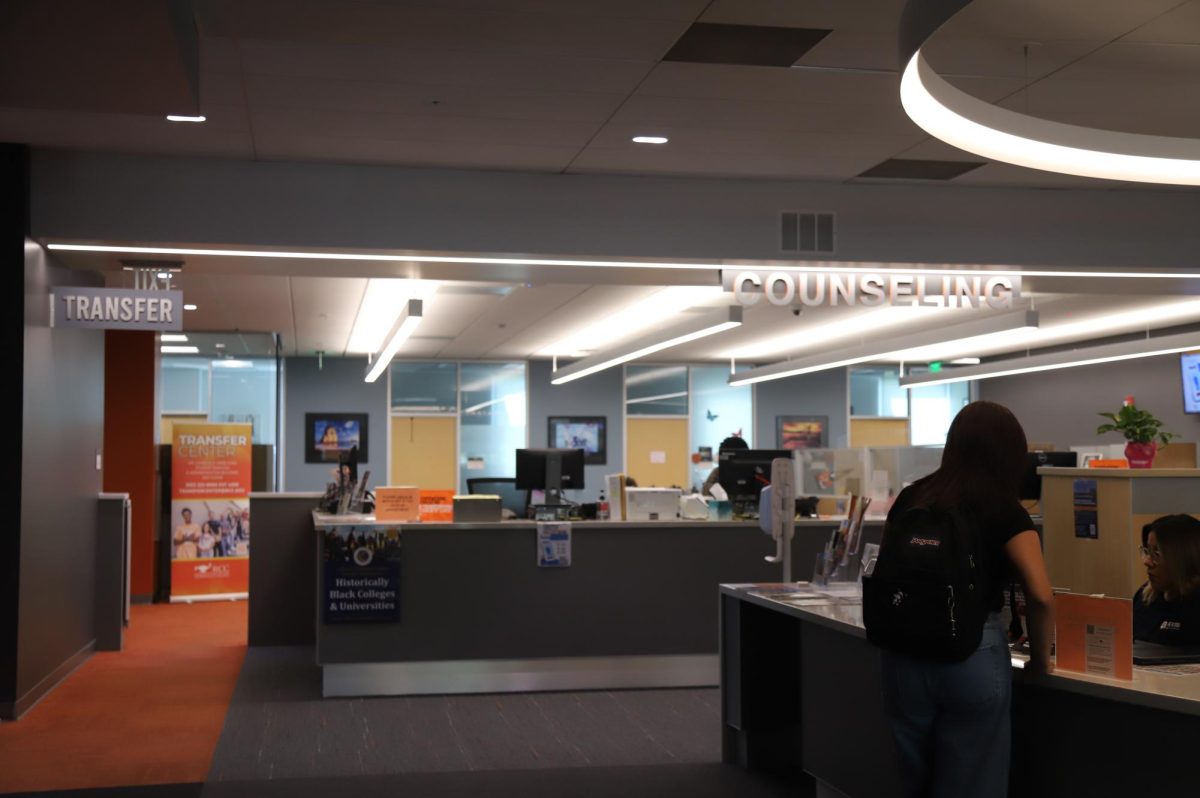Welcome back fellow classmates. Welcome back to the ongoing construction, an overcrowded campus and overpriced textbooks.
The most annoying of these is textbooks.
After we are lucky enough find parking, navigate the construction on campus and find a seat in class … on the floor, we sit, hoping and praying that the syllabus has those three precious words, “textbooks not required.”
“The average cost for books and supplies for the 2013-2014 school year was $1,207 at public colleges and $1,253 at private colleges,” according to collegedata.com.
Before we go on, supplies include pens, pencils, file folders and notebooks. Most of these things we find while walking out the door, meaning the cost is between free and $20 if you decide to splurge for that fancy pen.
RCC students and other college students will start to budget their money around texts books in order to purchase them since they are still waiting on financial aid and their next work check.
While we arrive at our next class, the instructor starts to explain the required textbooks.
As the instructor speaks, we are left wondering if having the instructors name on the textbook is a good or bad thing … either way we know our pockets are about to get a lot lighter … or maybe not.
In an August 2011 article from The Chronicle of Higher Education, the U.S. Public Interest Research Group conducted a survey that showed that 7 in 10 college students did not buy textbooks at least once because they thought the price was too high.
The survey was taken by 1,905 undergraduates on 13 different campuses ranging from public universities to community colleges.
The survey went on to say that 78 percent of the students who did not buy the textbooks expected to perform worse without it.
We are not dumb. We know the book is essential to our success, but publishing new editions of books every school year is a dirty trick that leaves the students with no choice but to fork over what little money we already have.
Why are these prices so outrageous? Publishers can charge whatever they want and almost never let the professor know the cost of the book.
Why are the colleges allowing this to happen? Who is speaking for us?
It seems like no one is looking out for the ones who make this entire thing run … the students.
With the digital age creeping up, could it be that publishers see the light dimming?
Either way, we try our best to provide ourselves with cheaper options for purchasing textbooks.
According to rcc.edu the mission statement for the college is to “provide affordable education.”
Last time we checked, having affordable textbooks is a huge part of our education.













